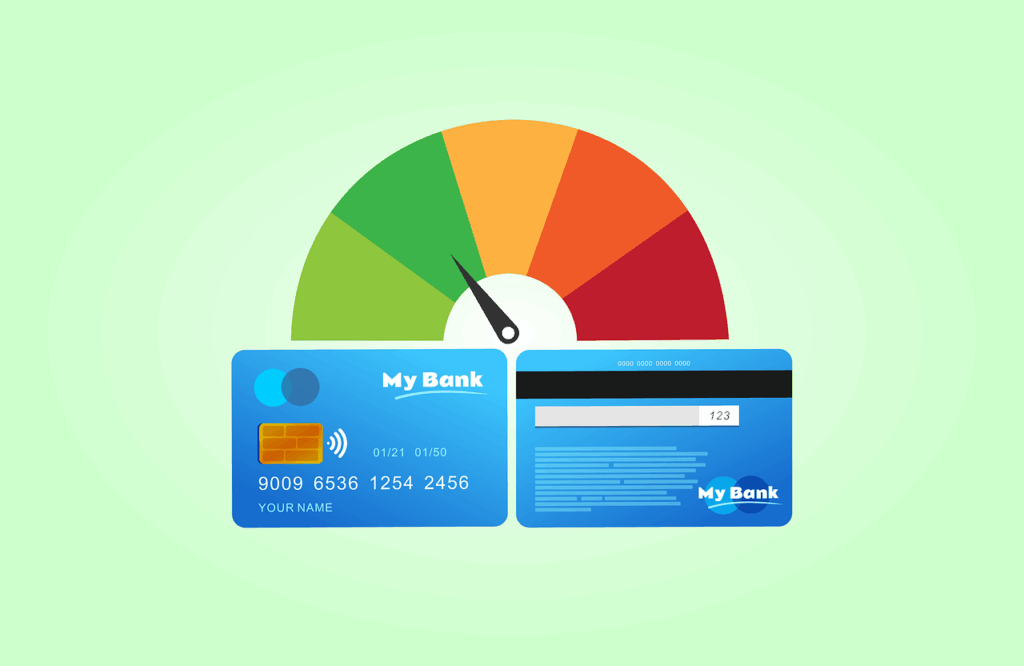Net 30 or Traditional Credit Accounts: What’s Best for Your Business?
When comparing a Net 30 account to a traditional credit account, you’ll find each has its own set of advantages and disadvantages. The attractiveness of any option will depend on elements such as the time in business, revenue, and personal credit.
This guide offers a detailed breakdown of the pros and cons for each. Regardless of how you choose to build your credit, it will take time to establish business scores.

Net 30 Accounts
Pros:
- No Personal Credit Check: Typically, Net 30 accounts do not require a personal credit check, making credit accessible for individuals with poor or limited credit history.
- No Interest Charged: If you pay within the 30-day term, you usually don’t incur interest, making it a cost-effective option for short-term financing.
- Rewards or Loyalty Benefits: Some Net 30 accounts come with rewards or loyalty benefits, which can result in discounts or future benefits with the vendor.
- Predictable Payment Terms: The fixed 30-day payment term offers predictable cash flow management and helps with budgeting.
- A Variety Of Account Types: Vendors offer a range of services and products so you can choose what best fits your business operations.
Cons:
- Limited Usage: Typically restricted to a specific store or service, which limits flexibility compared to traditional credit accounts.
- Full Payment Required: You must pay the invoice in full at the end of the 30-day period, which might strain cash flow if not managed carefully.
- No Impact on Personal Credit Score: Many of these accounts do not directly impact personal credit scores, which could be a downside for individuals looking to build personal credit, but always make sure you ask before applying as there are exceptions to the rule.
- Potential for Limited Vendor Options: If the vendor or service provider doesn’t offer a Net 30 option, you’ll need alternative financing solutions.
Traditional Credit Account
Pros:
- Versatile Use: Many of these accounts can be used almost anywhere, providing flexibility for purchases.
- Partial Payments Allowed: You’re typically not required to pay off the full balance each month, allowing better management of large expenses over time.
- Credit Building: Responsible use of traditional credit accounts can improve your personal or business credit score, facilitating access to more financial products.
- Promotional Offers: Many accounts offer promotions, such as introductory 0% interest rate, which can be useful for managing larger purchases.
- Relationship Building: Using these accounts can help establish a financial history with institutions, leading to more opportunities for loans or better terms in the future.
Cons:
- Higher Interest Rates: After any promotional periods, these accounts usually come with high interest rates, which can lead to significant long-term costs.
- Credit Check and Personal Guarantee Required: Opening such accounts typically requires a credit check and possibly a personal guarantee, which will affect your personal credit score and lower your opportunities for making large purchases in the near term.
- Potential for Debt Accumulation: The ability to carry forward balances can lead to larger amounts of debt if not managed carefully.
- Variable Terms: Interest rates and fees can vary, leading to unpredictable costs if even if the accounts are used responsibly.
In deciding between Net 30 and traditional credit accounts, consider your business needs, cash flow situation, and the importance of flexibility versus cost. Each type serves different purposes and can be beneficial depending on your specific circumstances. If you situation always for it, the best option is to choose a mix of account types. Building your business credit with a smaller impact on your personal credit gives you more choices in the future, while still providing you with the flexibility that you need.
Want more guidance or ready to start your Net 30 journey? Consider opening an account with Growegy today!
Follow Us
Download
© 2020-2026 Growegy. All rights reserved.
Growegy is not a credit repair organization, financial advisor, financial planner, investment advisor, tax preparer, or acting as a fiduciary, as those or similar terms may be defined under federal or state law. Growegy makes recommendations you may find helpful. Growegy reports business tradelines to business credit bureaus. It is up to you to make the final decision about what is in your and your business’s financial interest.